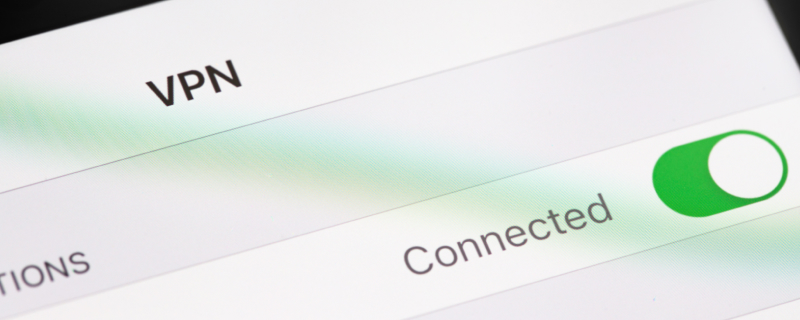
- 6 min read
- Aug 23, 2023

For many, Android devices are daily drivers, holding essential personal and professional information. With increasing concerns over online privacy, the question looms large: Are Android VPNs really safe? We’re here to demystify the topic.
Before focusing solely on Android, it’s important to grasp what safety in a VPN entails:
A safe VPN should use advanced encryption methods ensuring that your data is unreadable to outsiders.
The VPN provider shouldn’t keep records of your online activities, ensuring true privacy.
If the VPN disconnects, this feature cuts off your device’s internet access, ensuring no data leaks.
Android’s open nature, while fostering innovation, can also leave it more vulnerable to security threats. This openness can, unfortunately, lead to more instances of poorly designed or even malicious VPN apps in the Play Store.
Not all Android VPNs are created equal. While many are perfectly safe, others can be traps, with issues such as:
So, how do you navigate this minefield? Here’s a checklist:
Read reviews, consider expert opinions, and scrutinize the VPN provider’s history.
A VPN app shouldn’t need access to your contacts or messages. If it does, red flags should go up.
Look for VPNs that utilize strong encryption standards, such as AES 256-bit.
While not always the case, paid VPNs tend to be safer as they aren’t reliant on sketchy revenue models, like selling your data.
This might be tedious, but it’s the best way to know if the provider logs your data.
While there are safety concerns surrounding Android VPNs, it’s by no means a dire situation. By doing your homework and selecting a reputable service, you can safely enjoy the benefits of a VPN on your Android device.
To end, it’s crucial to stay informed. VPN landscapes evolve, and staying updated ensures your digital safety remains uncompromised.



